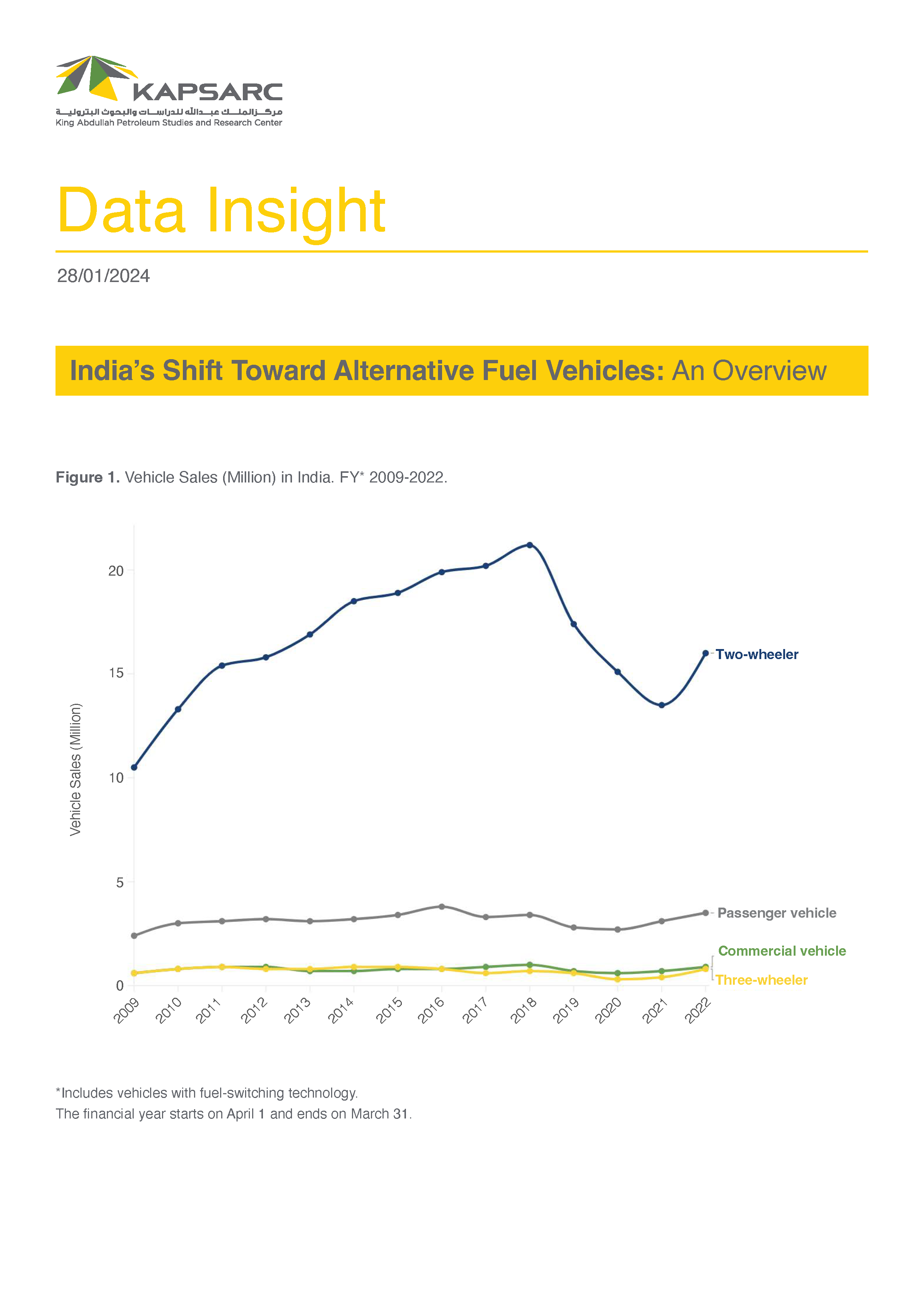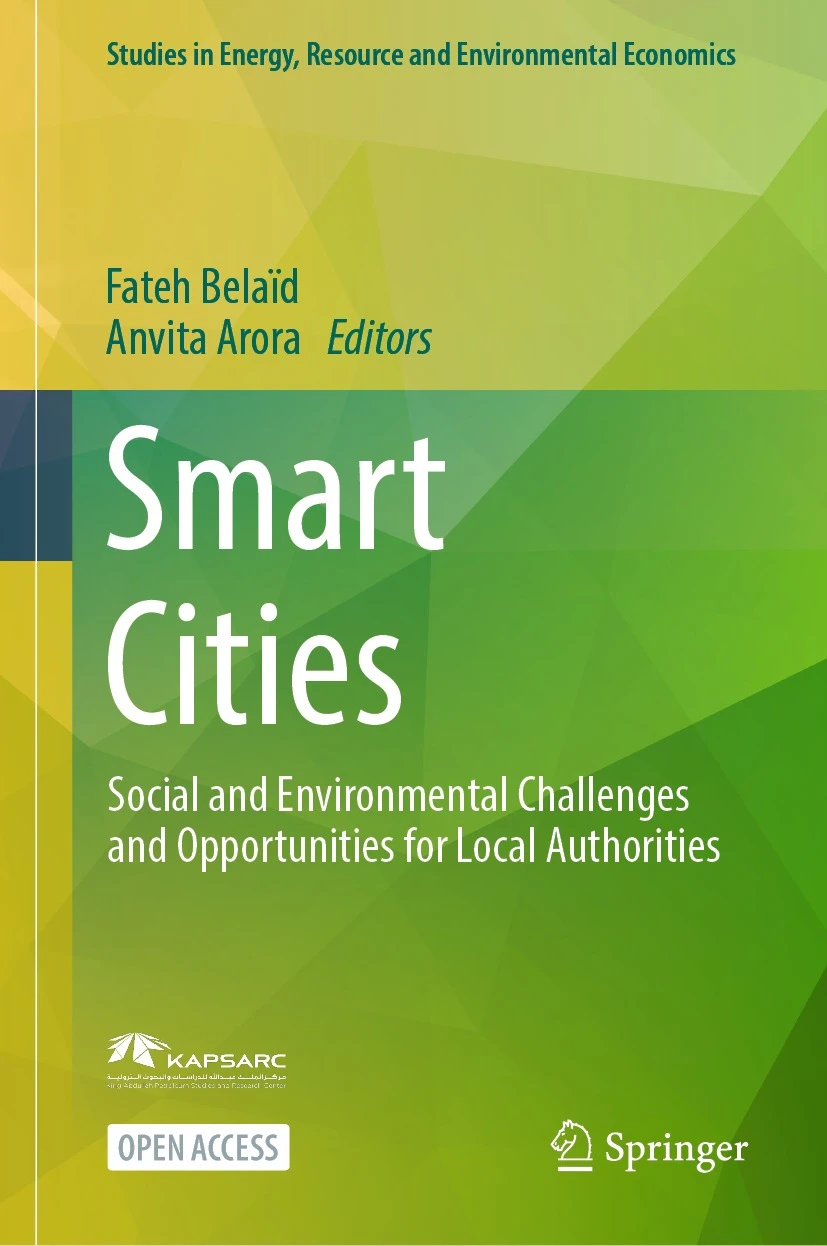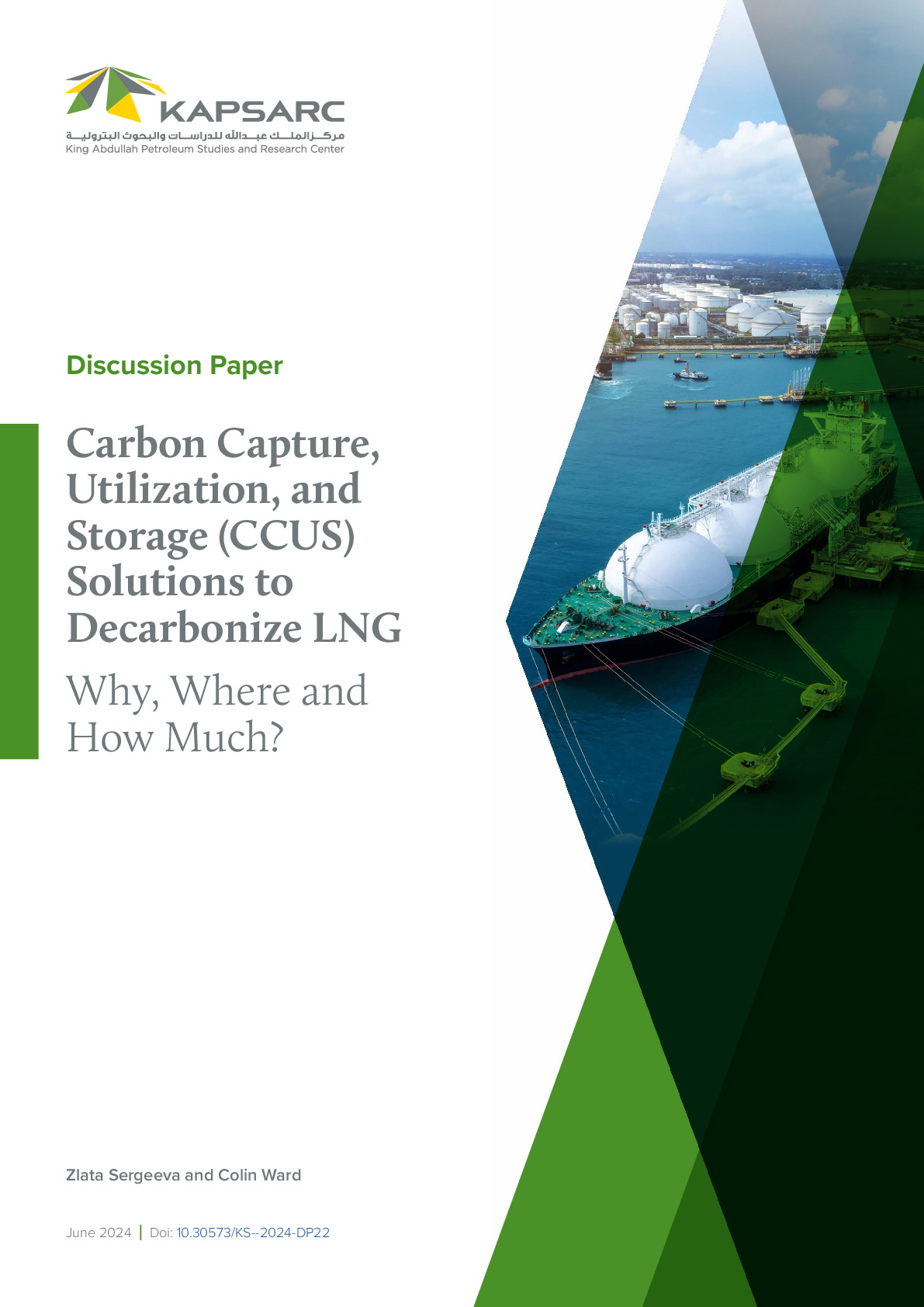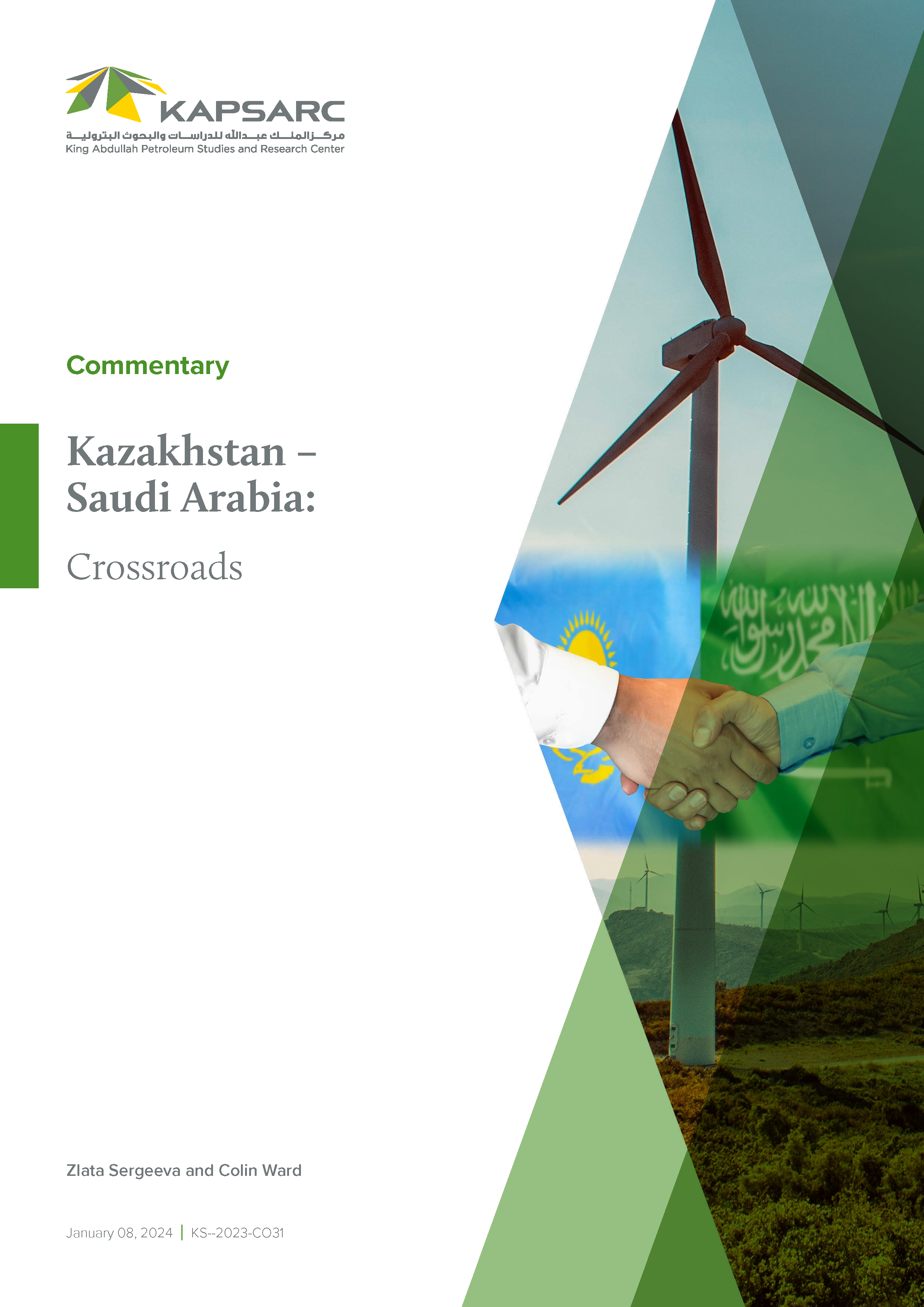The special report by the Intergovernmental Panel on Climate Change (IPCC) on the impacts of global warming of 1.5 degrees Celsius (°C) above pre-industrial levels highlighted the importance of achieving net-zero emissions or a carbon-neutral future. There has subsequently been growing international pressure for net-zero commitments, with major emitting countries such as China and the United States (U.S.) announcing their targets of net-zero by 2060 and net-zero by 2050, respectively. Indeed, even major hydrocarbon producers, such as Saudi Arabia (net-zero by 2060) have joined the growing body of support.

Research Lead
Yagyavalk Bhatt is an energy professional with more than seven years of experience in the transportation and electricity domain. Yagyavalk…
Yagyavalk Bhatt is an energy professional with more than seven years of experience in the transportation and electricity domain. Yagyavalk leads “The Role of Clean Energy Policies: Trends in India’s Transport Sector” project, aimed at estimating India’s transport energy demand and potential impact on crude oil supply chain. His expertise covers energy policy, energy economics, transport modeling, the impact analysis of transport policies, emerging economies energy transition, renewable energy, and cost-benefit analysis of the transport and electricity sector. He has authored and contributed to numerous research papers and studies related to the transportation and electricity sector.
Expertise
- Policy Analysis
- Transport Demand Modeling
- Sustainable Transport
- Clean Energy Transition
- Renewable Energy
- Climate Change
Publications See all Yagyavalk Bhatt’s publications

India’s Shift Toward Alternative Fuel Vehicles: An Overview
The special report by the Intergovernmental Panel on Climate Change (IPCC) on the impacts of…
30th January 2024
Smart Cities from an Indian Perspective: Evolving Ambitions
The special report by the Intergovernmental Panel on Climate Change (IPCC) on the impacts of…
15th October 2023




